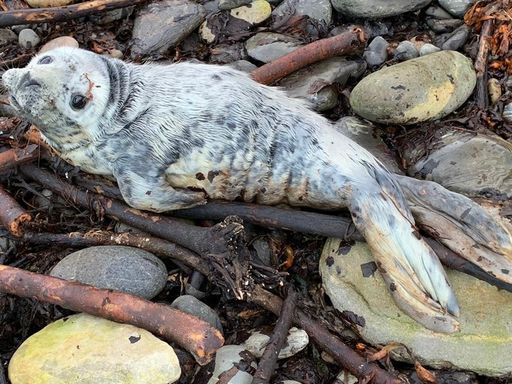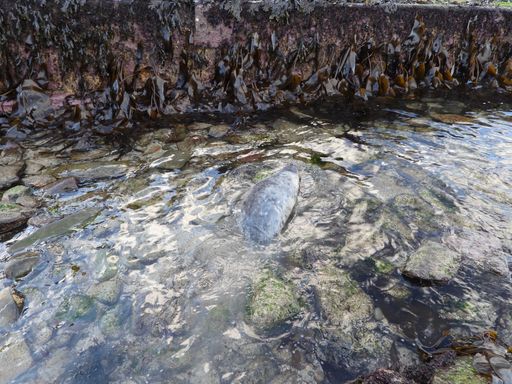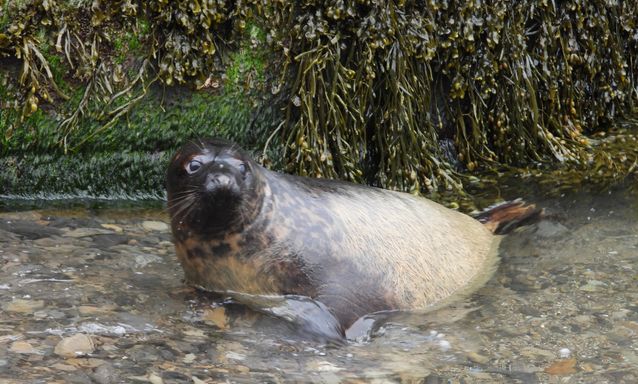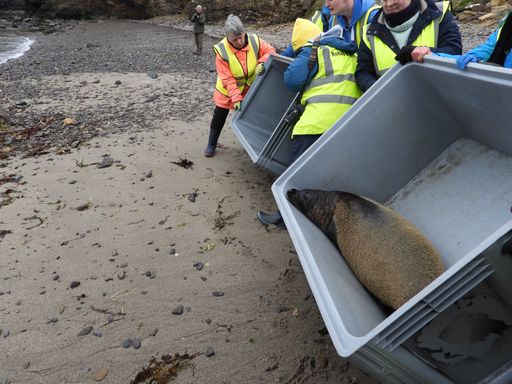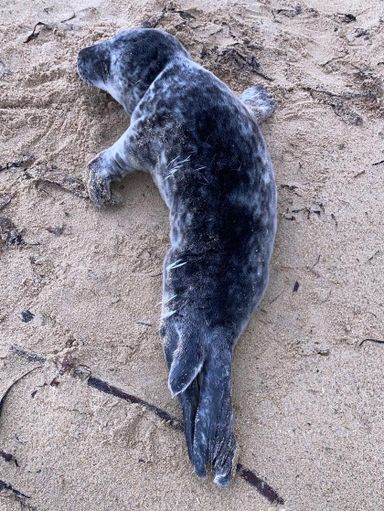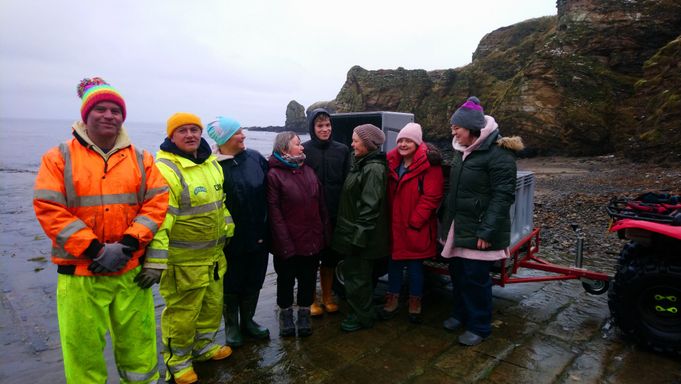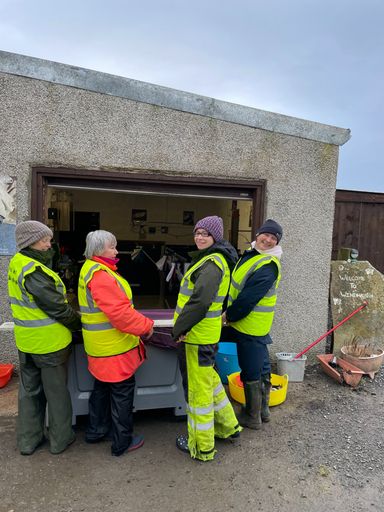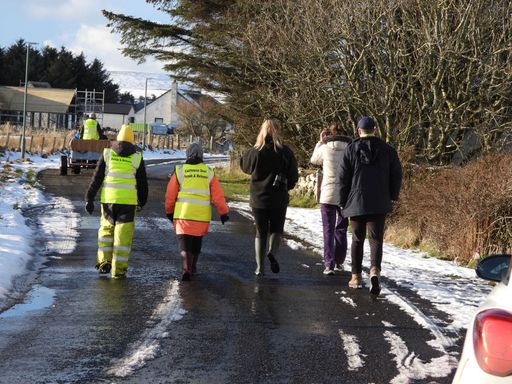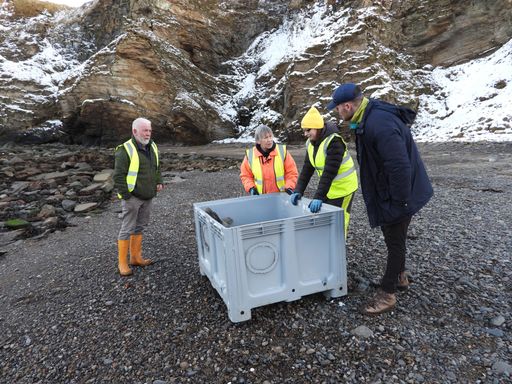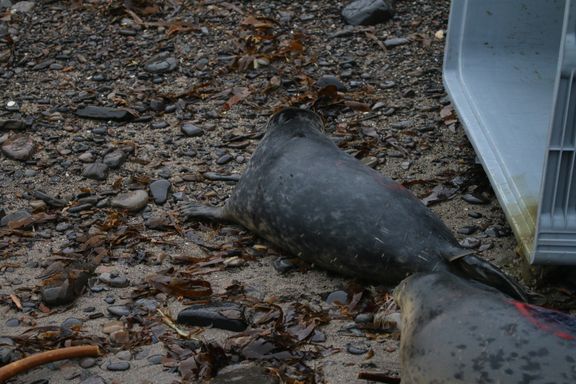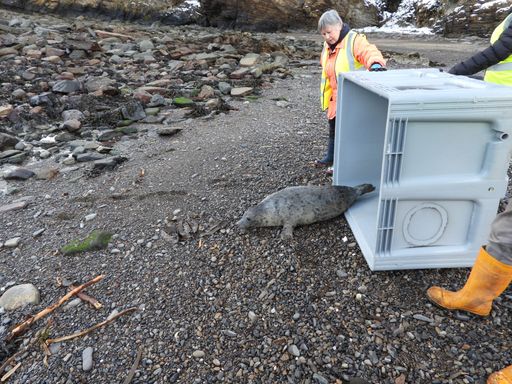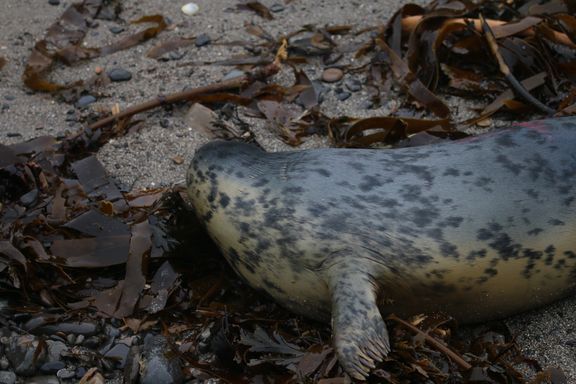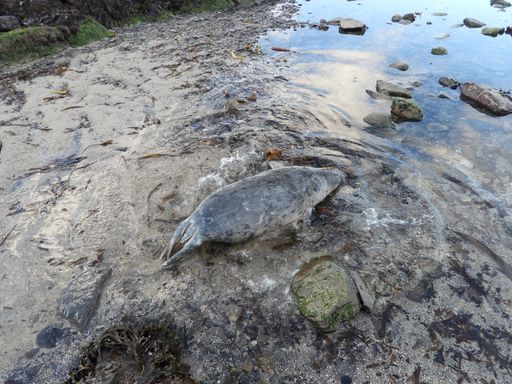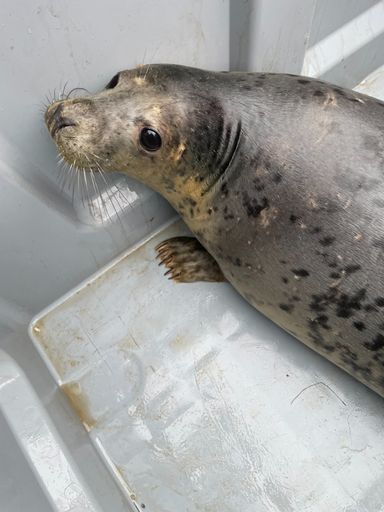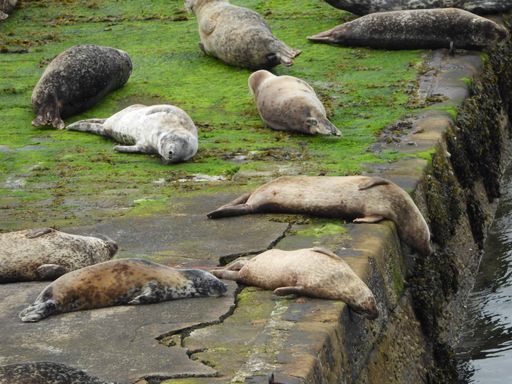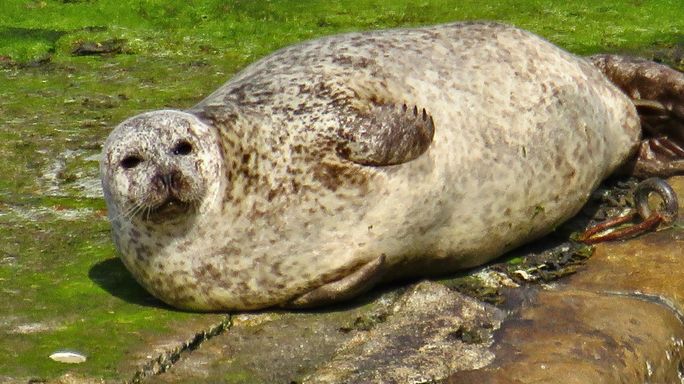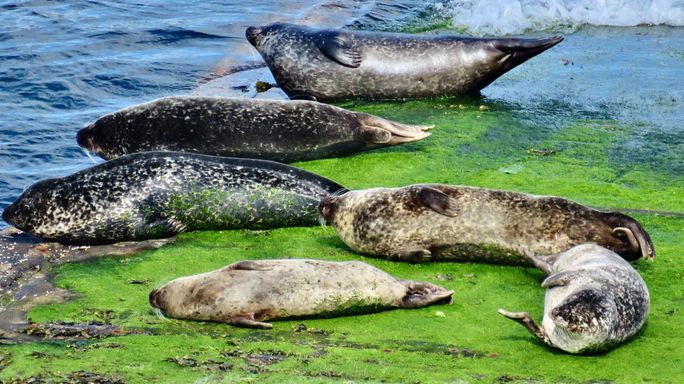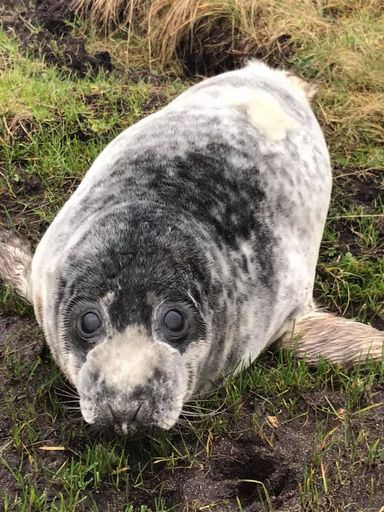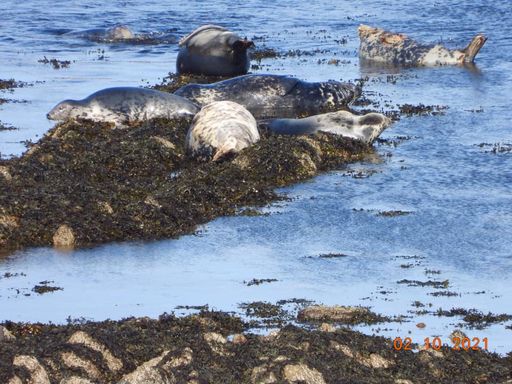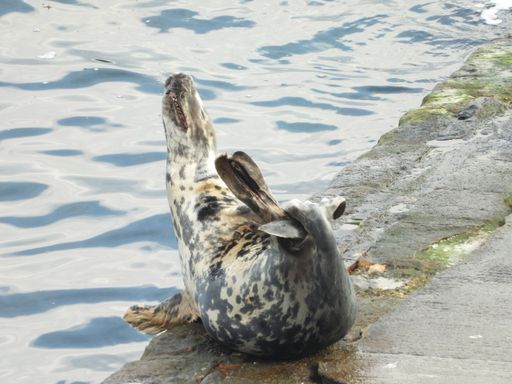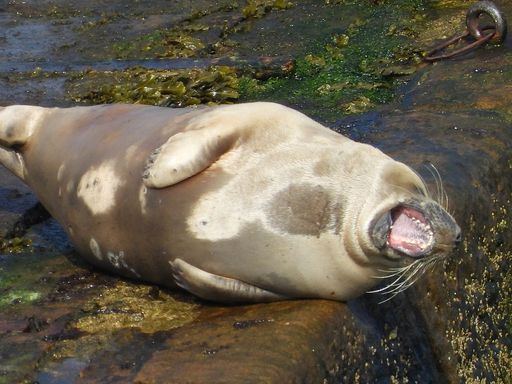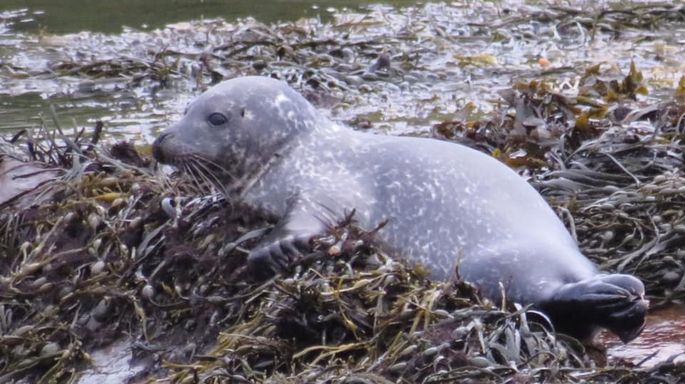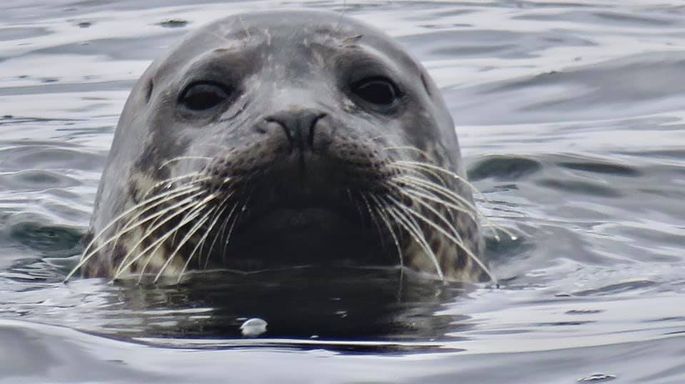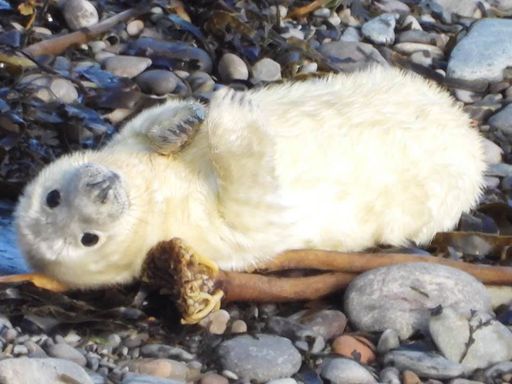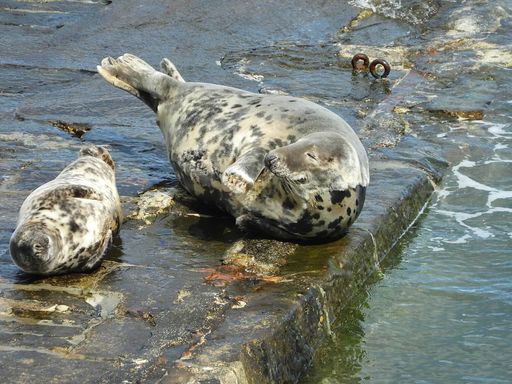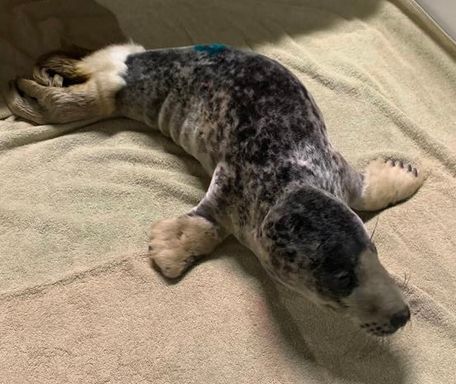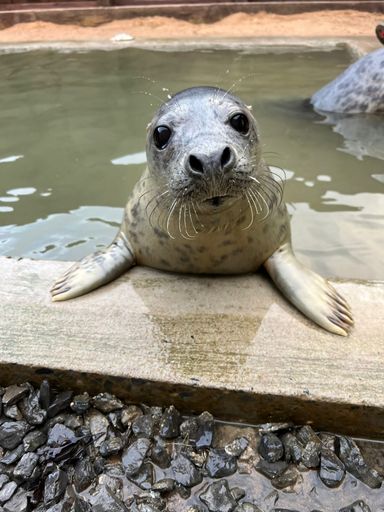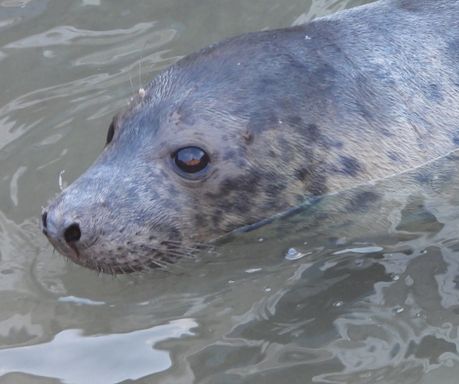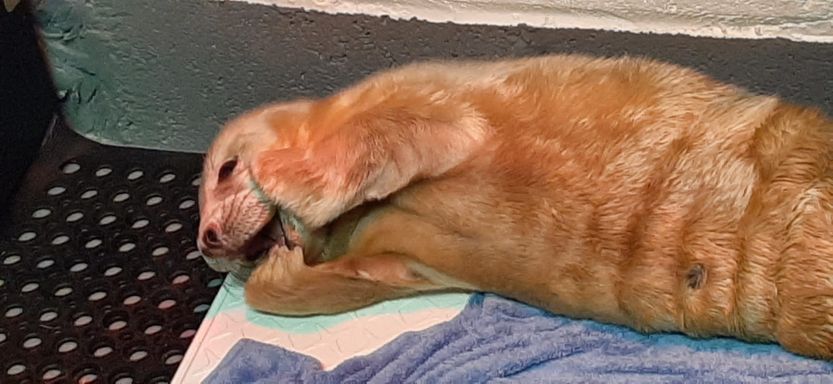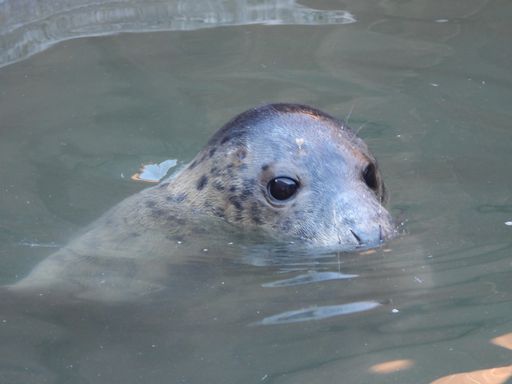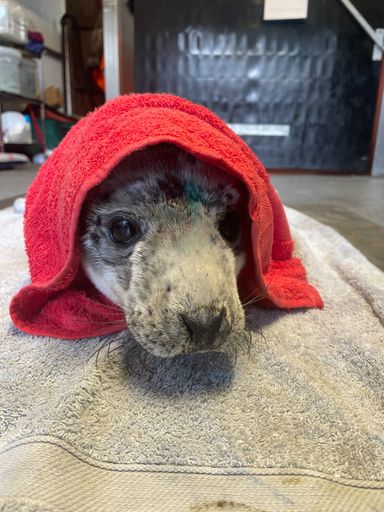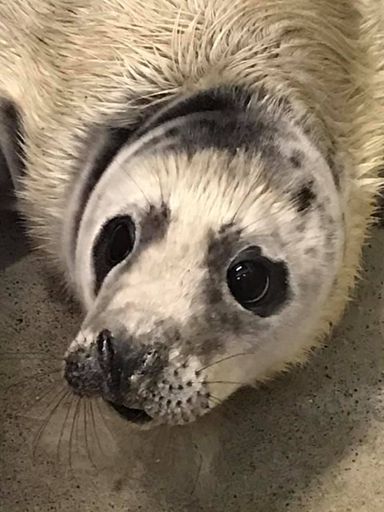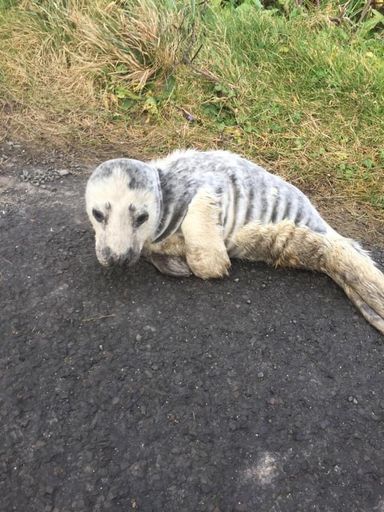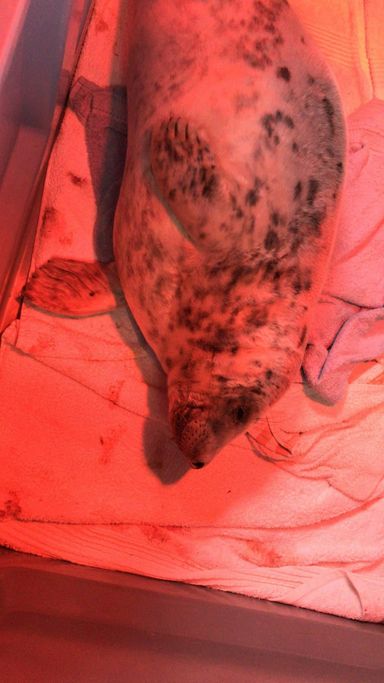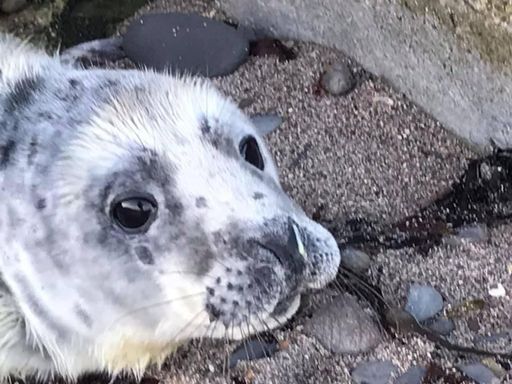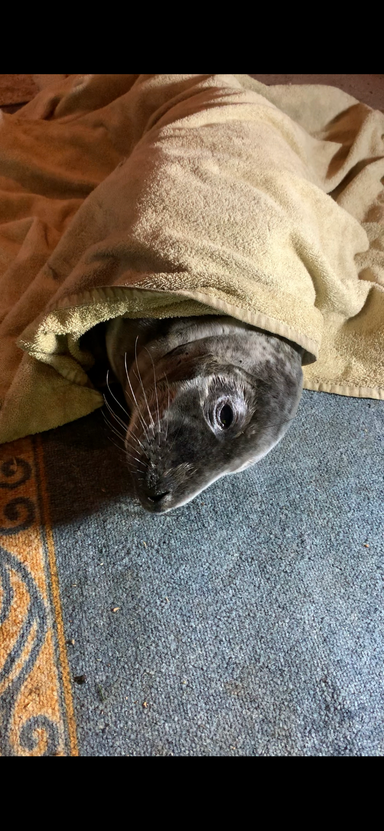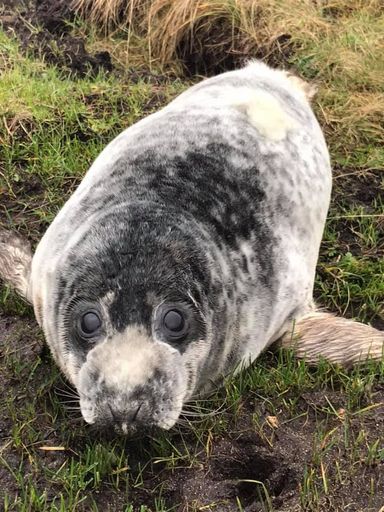What is our mission?
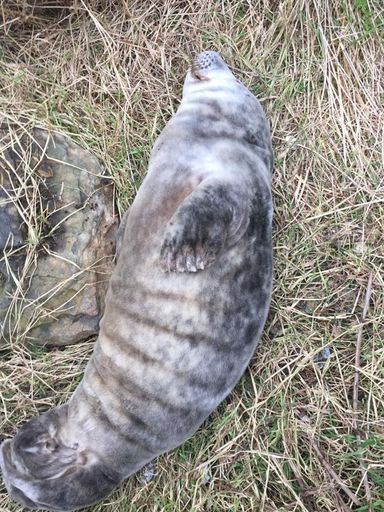
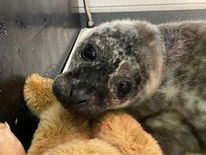
Caithness Seal Rehab & Release is a brand-new seal sanctuary which opened on the 1st November 2022. We welcomed our first seal pup on the 8th November 2022. We have ten pens, soon to be thirteen. We also have three emergency mobile pens if needed. This centre has been funded by ourselves (Phil and Clare Boardman) together with all the generous donations received from members of the public and funding organisations interested in supporting our worthy cause.
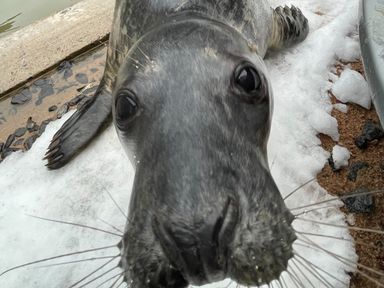
We want to help create a place where we can protect and care for our marine mammals.
Our main purpose is to rehabilitate sick, injured or abandoned seal pups. Seal pupping is seasonal, with Gray seals pupping between October and February and Common/Harbour seals pupping between May and September. (These are approximate timings). We are finding that pupping seasons are getting earlier each year, possibly due to climate change and the availability of food. Premature pups (pups born too early) are becoming dangerously more common.
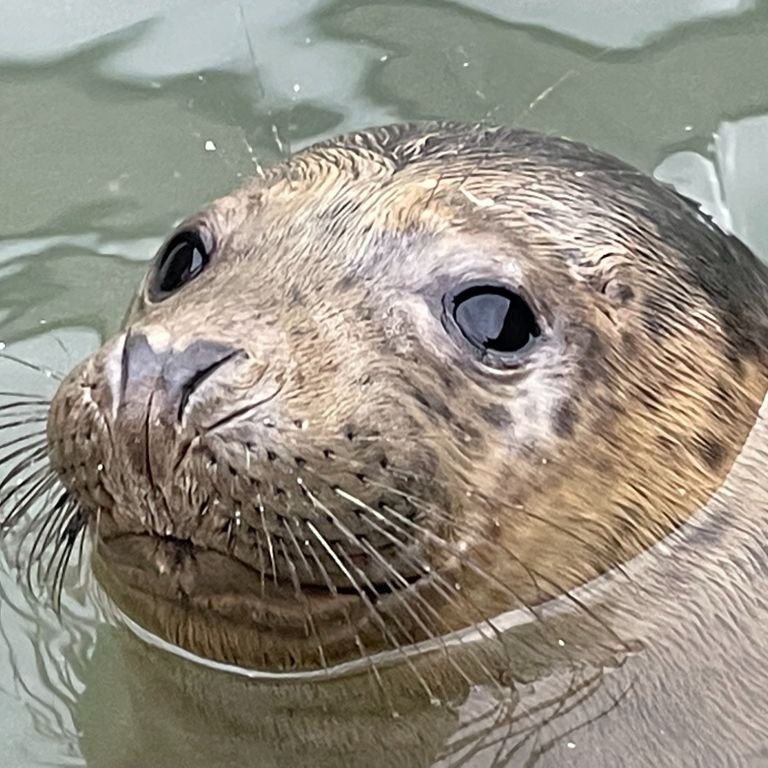
How it all begins
1. Rescue - We receive a call regarding a sick, injured or abandoned seal pup. A volunteer is sent out to assess the pup and the pup is uplifted if needed.
2. The pups first stop is at our local vets practice - Where a vet health check will be completed and bloods taken.
3. On arrival at our centre - The seal pup will be weighed, length measured, sex determined, age determined, temperature taken and respiration rate taken. We also listen to the lungs for signs of pneumonia or worm infestations. They are then placed in a pen with a heat mat and heat lamp if needed, for observation, treatment, recouperation and rest.
4. Feeding - There will be an initial dose of rehydration fluids over the first 24-48 hours, followed by a delicious fish soup once they are fully hydrated. This will hopefully lead to assisted feeding with chunks of fish or whole fish, then to self feeding where the seal will be eating whole fish for themselves.
5. Pools - There will be an initial mild antiseptic fresh water, luke warm bath on arrival. Followed by pups being introduced to paddling pools in their pens, when healthy enough. They then move onto larger paddling pools once they move out the ICU. Lastly is the move to the big pool, in deeper water where they will learn how to catch fish, build their swimming muscles, learn to dive & maybe socialize.
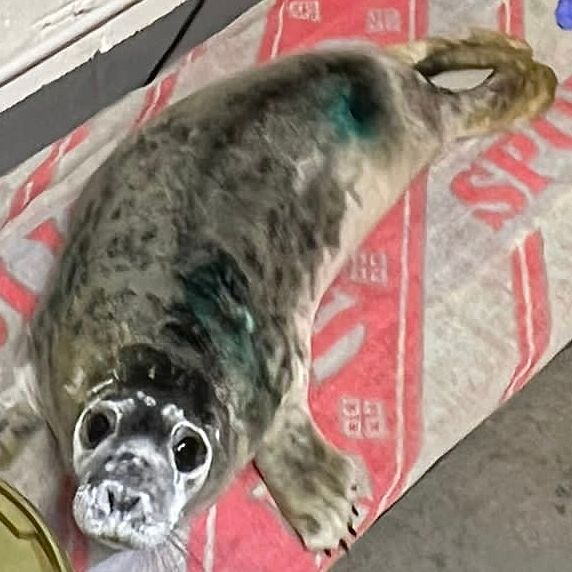
Apart from the general day to day care of the seals; we also complete a number of other tasks behind the scenes.
These may include:
Food Preparation in the way of our delicious fish soup, Multi Vitamins/Minerals, Cod-Liver Oil and milk formula.
Medical Treatments, this could be a mild antiseptic bath to eye treatment to administering necessary fluids.
Weighing the seals on a daily to weekly basis & recording their weights
Vet Visits if needed.
Recording of temperature, respiration rates, colour of mucus membranes and colour & consistency of faeces.
The cleaning/disinfecting of the pens on a daily basis, more often if needed.
Not to mention all the administration that goes with it.
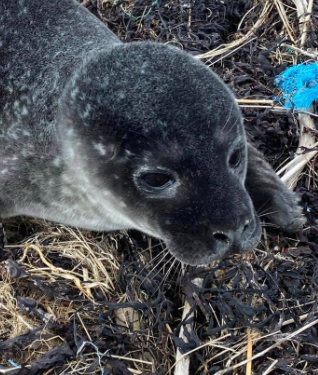
This amount is what we personally, or other organisations/groups have helped us rescue.
81
SEALS RESCUED
This is the amount of pups admitted to the hospital and are in the process of being rehabilitated. Pups may have been lost due to illness, viruses or injury. Since opening the hospital we have lost nine pups and one juvenile.
71
SEALS REHABILITATED
This is the amount of pups that have been successfully released back into the wild.
69 to date. We still have 2 Grey pups in the hospital.
SEALS RELEASED
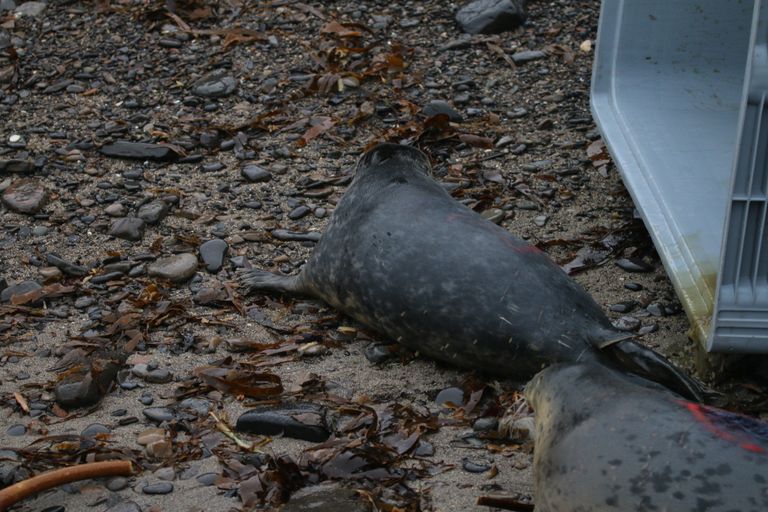
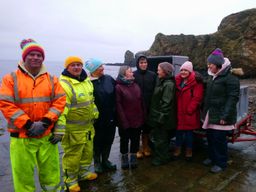
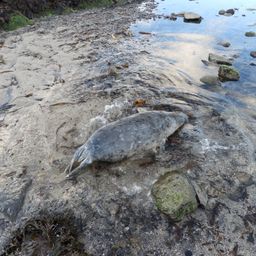
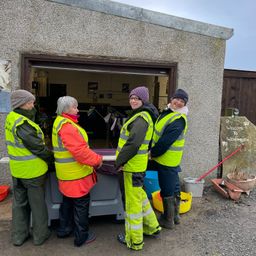
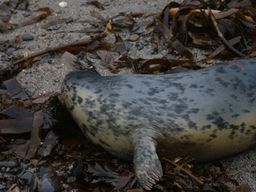
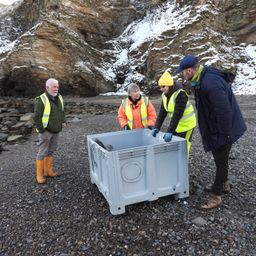
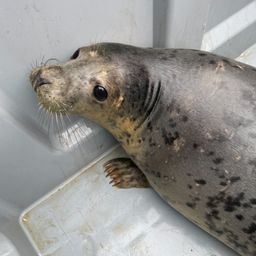
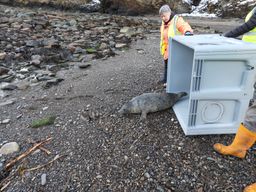
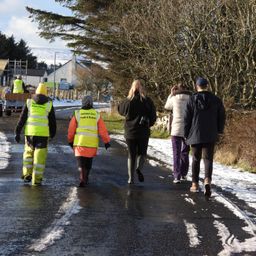
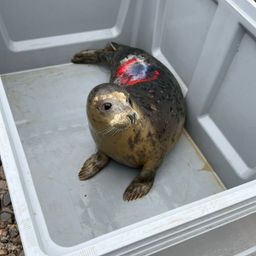
Seals that have been rescued & released.
All seals are released in Brough Bay, Caithness. When the Bay is calm, the weather is good and the waves/swells are not too big.
We have six permanent volunteers that give their own time, that travel from as far as Lybster, covering their own fuel costs. All of our volunteers are at every release, if their jobs and family lives allow it. We also have volunteers coming from Spain, Italy, Germany, Sweden, USA, Austrailia and New Zealand.
We release all our seals at a healthy weight, at +35kg for grey seal pups and +40kg for common seal pups. They need to be eating whole fish independently and catching fish in the big pool. They are transported down to the bay in large crates and released on the beach or on the slipway.
The public are more than welcome to watch all the releases.
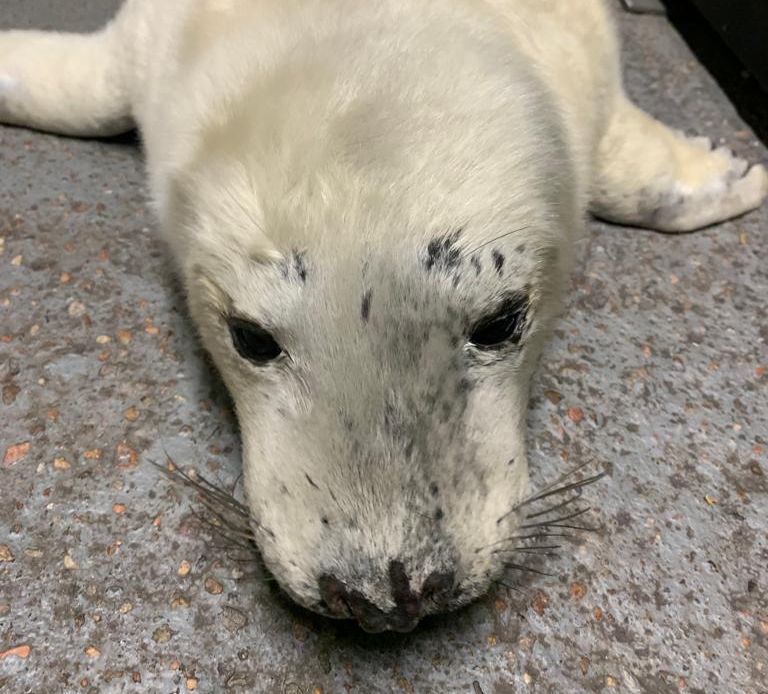
Our research into keeping our seals safe & healthy
Leptospirosis research paper: a1186246-944e-47f8-b8be-2799d94835bd
For the 2024/2025 season we tested the majority of our grey seal pups for Leptospirosis to see how common it was and if there were certain hotspot area's. All our seals tested negative for Leptospirosis so no hotspots were found. Leptospirosis thrives in warm humid temperatures so we will continue with our research into the summer seasons with the common seals. An then into the winter season to make comparisons.
Below are the links to the two research papers/dissertations written by veterinary students from the Royal Veterinary College.
Let's start caring together
The Conservation of Seals Act 1970 (c. 30) is an Act of the Parliament of the United Kingdom. It received royal assent on 29 May 1970.
In response to local declines in seal numbers, the Scottish Government introduced conservation orders under the Conservation of Seals Act 1970 to provide additional protection on a precautionary basis for vulnerable local populations of seals.
The Marine (Scotland) Act 2010 provides for these existing orders to continue, and for new ones to be introduced administratively as Seal Conservation Areas.
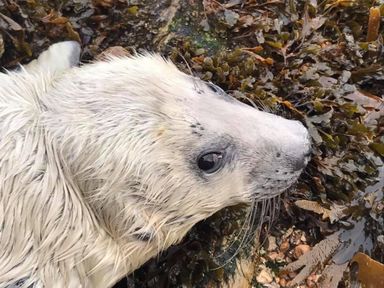
The Marine (Scotland) Act 2010 protects both seal species found around Scotland’s coast – the harbour seal and the grey seal. The main legislation that protects seals in Scottish waters is the Marine (Scotland) Act 2010. This Act also provides for Scottish Ministers to designate Seal Conservation Areas.
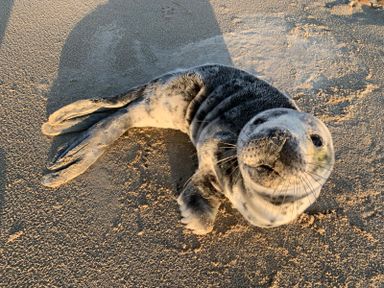
Gallery
Some of our little ones that have visited us in the hospital in2022/2023
